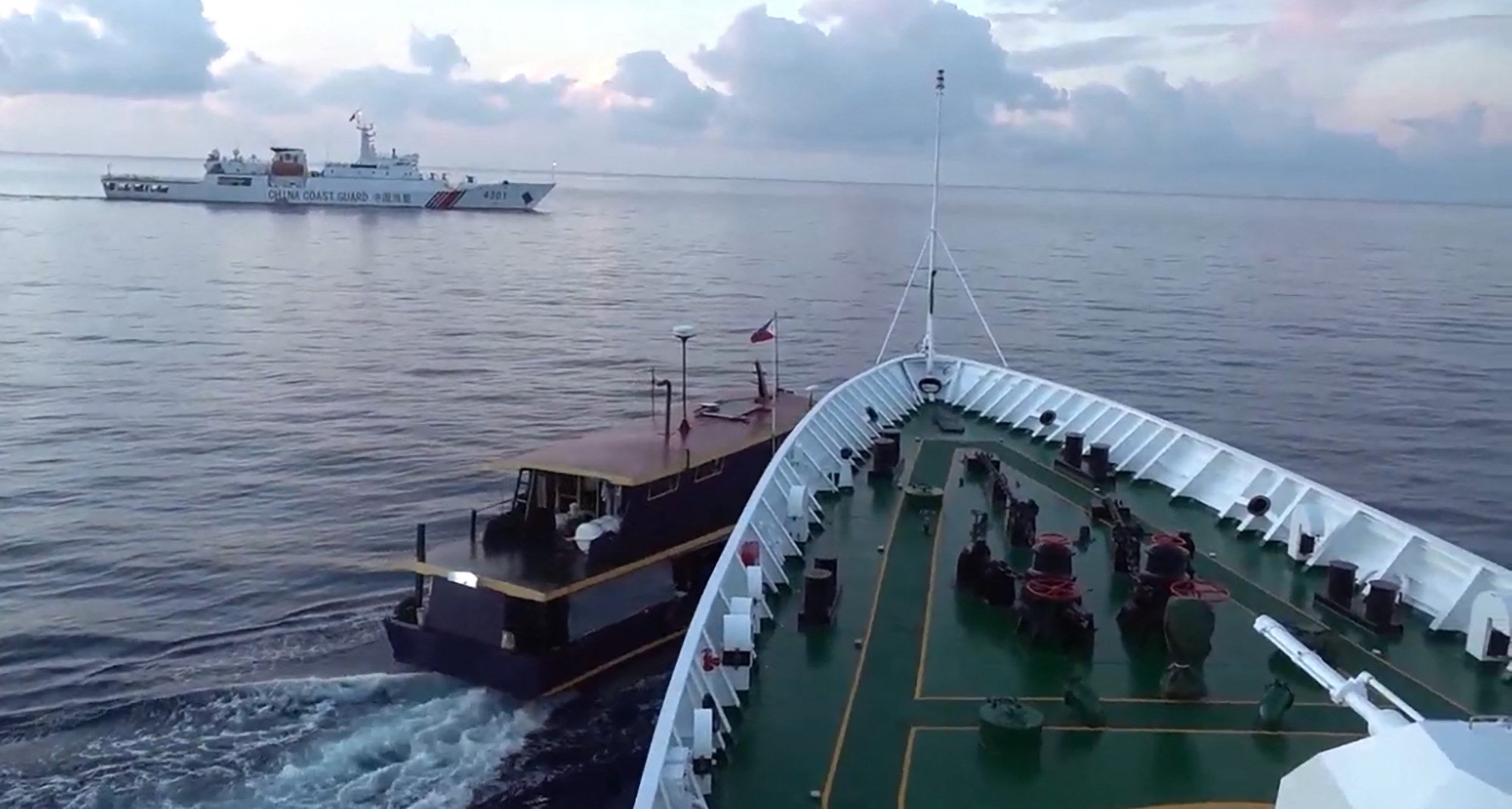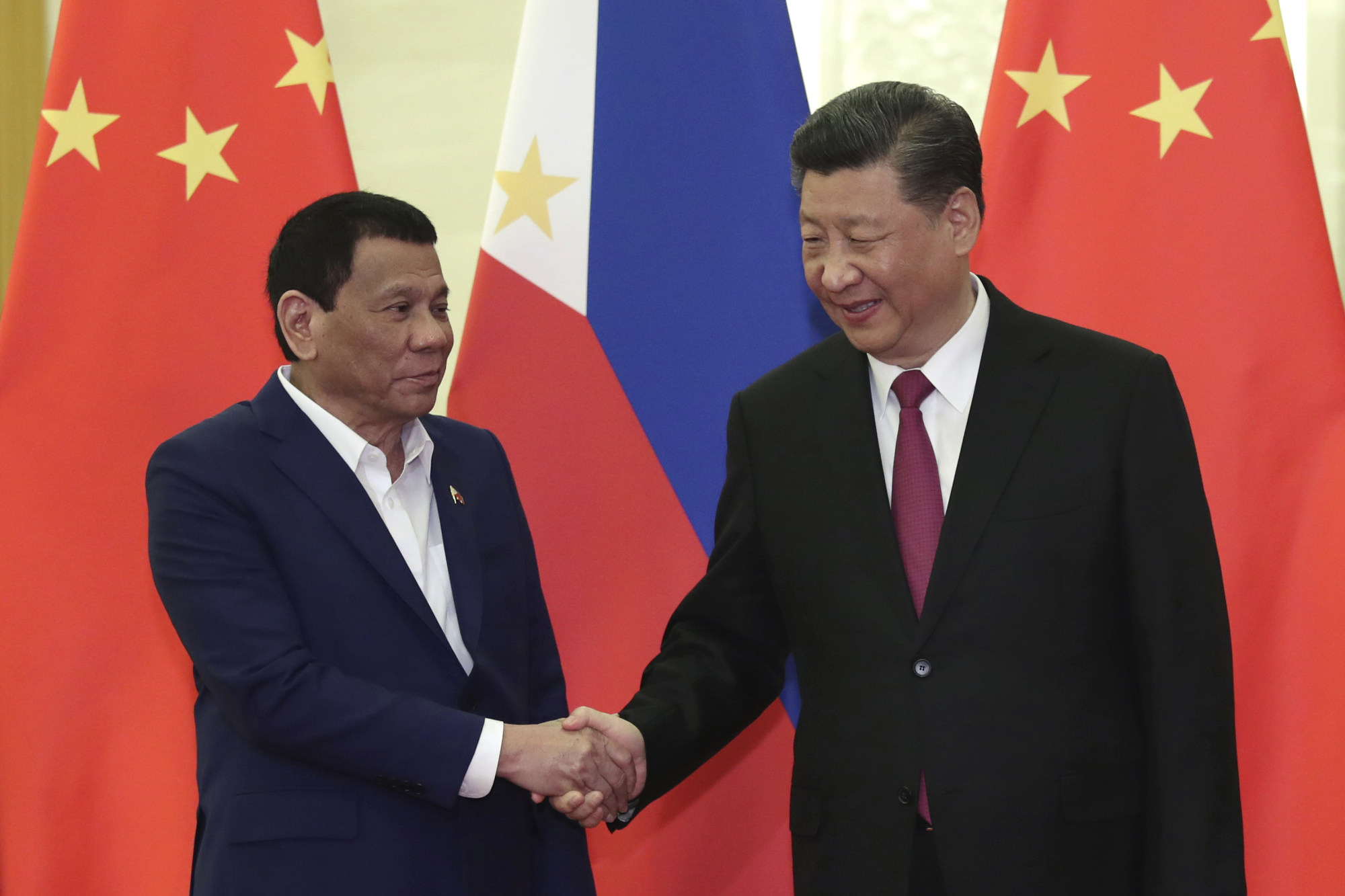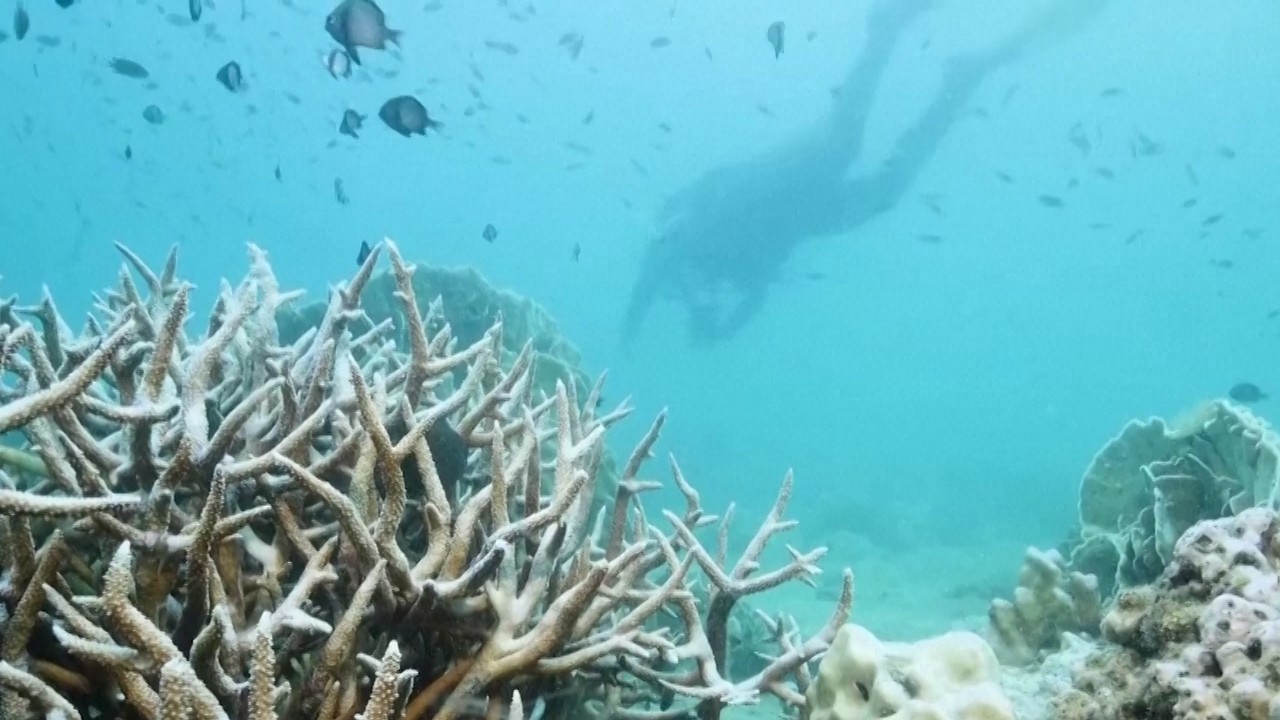Don McLain Gill, a geopolitical analyst and lecturer at the Department of International Studies of De La Salle University, said trade between the two countries reflected a preference by Philippine businesses for Chinese manufactured goods.

A hasty diversification away from Chinese imports amid international political uncertainties could cause the Philippines to face major socio-economic challenges in the short to medium term, according to Gill.
Calling on Manila to attract more inward investments and enhance the country’s research and development capabilities, Gill said: “It is crucial for the Philippines to slowly develop its manufacturing capabilities in select critical industries for long-term economic resilience especially since labour costs in China are also increasing.”
Edmund Tayao, a political analyst and professor at the San Beda Graduate School of Law in Manila, said China had scaled the value chain to become a manufacturing powerhouse of goods such as tech products and it was difficult for Philippine businesses to find alternative supplies.
“Considering it is the biggest and cheapest producer, countries especially like us would no doubt be inclined to source from China,” Tayao told This Week in Asia.
Tayao warned there was a pressing need for import diversification as there were signs of China easing its relations with the Philippines and potentially using trade as a weapon against Manila.
“The long term should be the fundamental consideration of everyone, not only the policymakers. Trade will always be the weakness that China has been using and continues to use to keep us in line. The more we delay developing alternative trading arrangements, we will remain vulnerable,” Tayao said.
Philippine business organisations, such as the Federation of Filipino-Chinese Chambers of Commerce and Industry, Inc, are calling for stronger bilateral trade ties despite the spat in the West Philippine Sea, an area in the South China Sea that includes Manila’s designated exclusive economic zone.
Speaking in March in Manila ahead of a trade roadshow in the southern Chinese city of Guangzhou, Cecilio Pedro, president of the organisation of Filipino-Chinese traders, said: “We have to trade with each other in spite of the West Philippine Sea. So we have to set aside our problems in the West Philippine Sea and continue trade to foster better understanding.”
Ceferino Rodolfo, Undersecretary for the Department of Trade and Industry, said at the same event that trade could lead to better relations between the Philippines and China amid their maritime row.
The Philippines has enhanced military cooperation with the US and other allies in recent years, primarily to meet the security challenges in the South China Sea.

As soon as Marcos Jnr won the 2022 presidential election, he reversed his predecessor’s pro-China policy and expanded cooperation with the US in areas ranging from trade to military. In February 2023, Marcos Jnr gave the US wider access to military sites in the Philippines under the Enhanced Defense Cooperation Agreement between the two countries.
Ray Powell, a maritime security analyst at the Gordian Knot Center for National Security Innovation at Stanford University, told This Week in Asia that China had a track record of using trade as a weapon. He cited a low point in bilateral relations in 2012 when China restricted the import of bananas from the Philippines over their dispute in the Scarborough Shoal in the South China Sea.
He said: “The Philippines will of course continue to trade with the region’s largest economy, but would be wise to diversify where it can to avoid making itself the target of Beijing’s economic coercion.”


